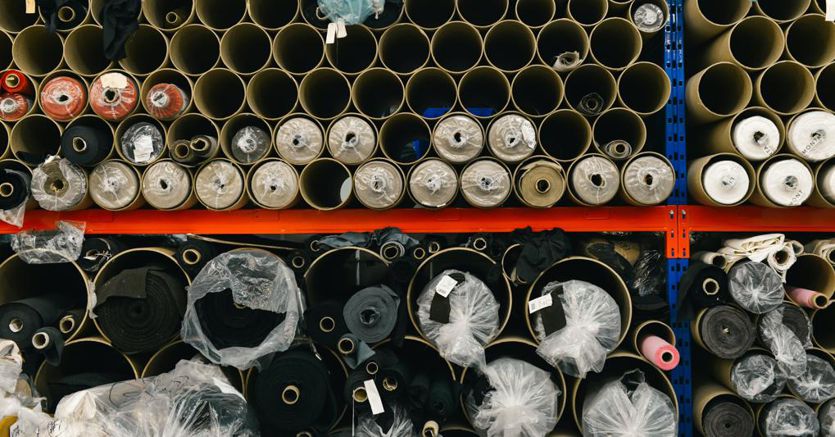The number of companies in Italy investing in circular economy practices is growing. According to the Circular Economy Report by the Energy&Strategy observatory of the School of management of the Milan Polytechnic, which has been monitoring business investments in Italy for three years, in 2022 57% of companies adopted at least one circular economy practice, while in 2021 was 44%. However, 65% of those who have not yet implemented circular practices have shown no interest in adopting them in the future.
The most virtuous sector is the textile sector
Among the 7 macro-sectors analyzed by the Circular Economy Report, the textile sector is the one with the highest number of companies that has already implemented at least one circular economy management practice (82%), followed by food & beverage (80%). The consumer electronics sector ranks last (15%).
Recycling is the most widespread practice
The most widespread circular economy practice in Italy is the recycling of products and components, adopted by 61% of the sample. 32% instead implemented design actions for disassembly, for easy repair and waste-free design, minimizing the amount of materials used. Regeneration was adopted in 29% of cases, reuse by 24%, and “design for upgradability” by 19%. Finally, return systems were chosen by 15% of companies and “product service systems” by 8%.
Investment size
Most of the interventions are supported by investments between 50 and 100 thousand euros, with a propensity towards 50 thousand. The return times in more than half of the cases are included in 24 months.
Only 18% of the sample interviewed by the Circular Economy Report participates in ecosystems of industrial symbiosis, where the interaction between different industrial plants takes place, even belonging to different technological-production chains, with the aim of maximizing the reuse of resources normally considered waste and optimizing knowledge and skills between companies.
